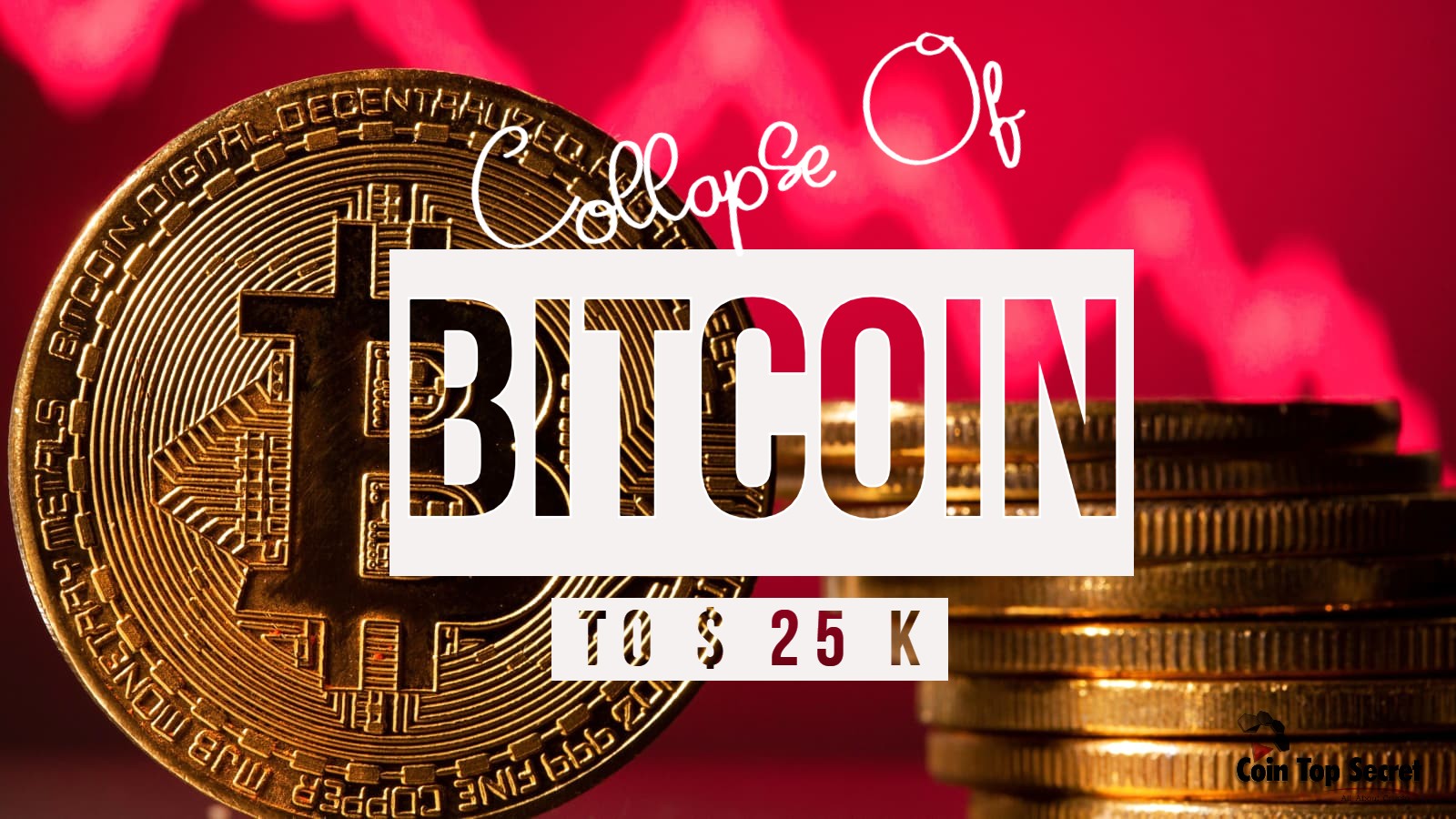Representatives of the International Monetary Fund named the threats posed by the recognition of digital assets as legal tender
The International Monetary Fund pointed to the threats posed by the adoption of decentralized cryptocurrencies, such as bitcoin, as the national currency.
In a joint letter from IMF financial advisor and director of marketing, Tobias Adrian, and general counsel and director of the legal department, Rhoda Weeks-Brown, it is said that cryptocurrencies can become a popular payment method in countries with high inflation and unavailable banking services.
According to Adrian and Weeks-Brown, countries in which cryptocurrencies have the status of national currency or legal tender may receive internal volatile prices, as well as the inability to fight money laundering and terrorist financing.
The IMF representatives, among other things, recalled the environmental problems that the mining of digital assets carries.
In June of this year, El Salvador became the first country in the world that at the state level legalized the circulation of bitcoin and endowed it with the status of an official means of payment, on a par with the US dollar.
En la #SesionPlenaria7✍🏻, con 62 votos, #LaNuevaAsamblea aprobó la #LeyBitcoin con la que El Salvador adopta el #Bitcoin como moneda de circulación legal. pic.twitter.com/7IToTmnCwv
— Asamblea Legislativa (@AsambleaSV) June 9, 2021
According to the law passed by the Salvadoran parliament, prices in El Salvador can be set in bitcoin, and taxes can also be paid in cryptocurrency.
The exchange of bitcoin for dollars, also the currency of El Salvador, will not be subject to capital gains tax, while bitcoin will be exchanged at market rates.
The law on recognizing bitcoin as a legal tender will enter into force in El Salvador on September 7. Every resident of the country will be able to receive $ 30 in bitcoin after installing the Chivo crypto wallet, developed by the Salvadoran government.

